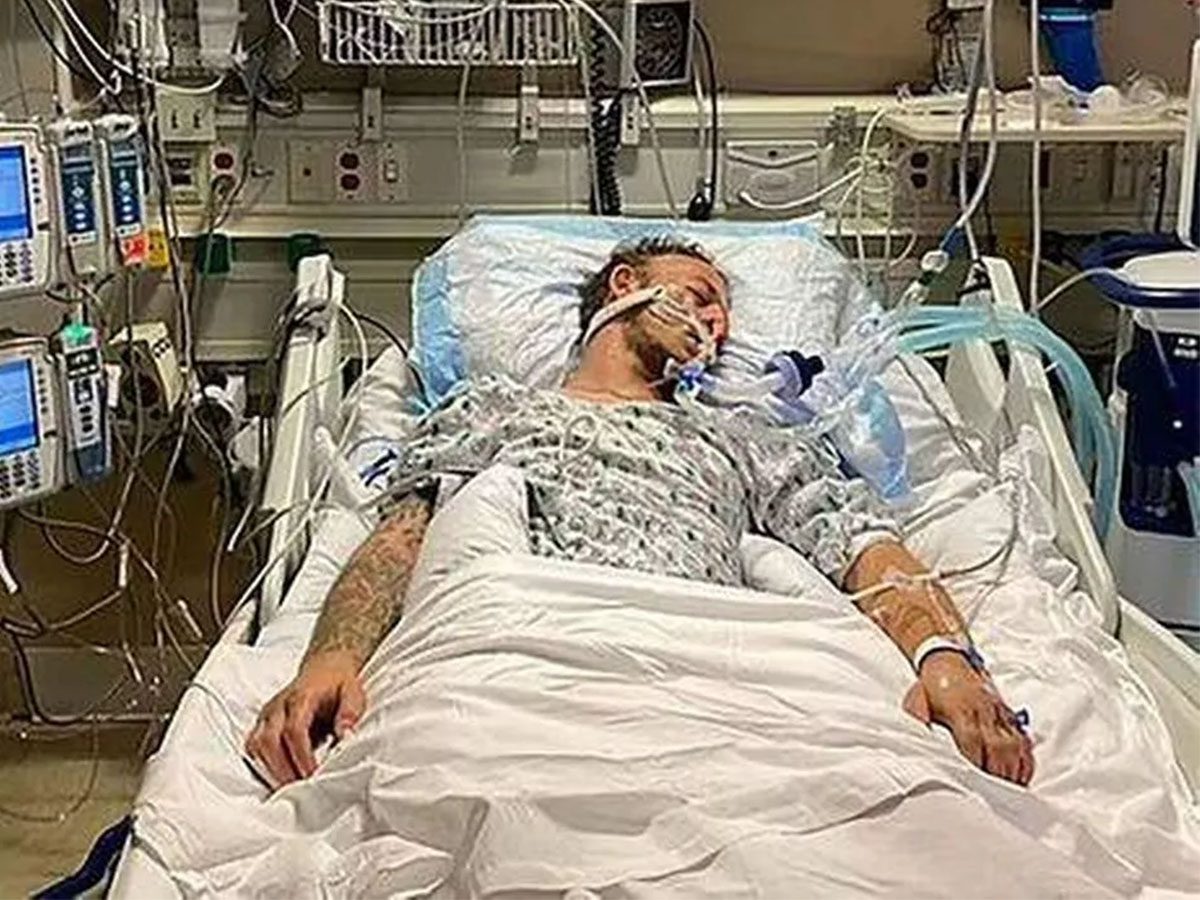
The Kentucky Attorney-General’s office is reviewing a case after a man was declared brain dead at a Kentucky hospital, only to wake up moments before doctors began harvesting his organs. About three years ago, Anthony Thomas “TJ” Hoover II was admitted to the emergency room at Baptist Health Richmond in Richmond, KY for cardiac arrest. After his family was told he showed no signs of brain activity, they decided to take him off life support and donate his heart. Yet after that decision, there were signs that not all was as it seemed. The family later learned that during a cardiac catheterization procedure, there were signs of brain activity. Hoover’s sister also said that during an “honor walk” when a patient is walked down to begin the organ harvesting process, Hoover’s eyelids looked like they were opening. “His eyes were tracking; looking around,” his sister, Donna Rhorer said. “We were told by the ICU supervisor that it was just reflexes; it was just a normal thing.”
Yet an hour within preparations for organ harvesting, Hoover woke up. “Probably about an hour into [the surgery], they come out and got us and the doctor … told us that he wasn’t ready — that he had woke up,” Rhorer said. Despite being told that he didn’t have long to live, Rhorer took Hoover home to care for him. He remains alive today, though he has trouble with his memory, walking, and talking. In January of this year, Rhorer was contacted by a former employee of Kentucky Organ Donor Affiliate (KODA), who also sent a letter to a congressional committee criticizing organ procurement operations. She stated that she had witnessed Hoover “thrashing” and “crying visibly” during the organ harvesting procedure. The attorney general’s office said it is investigating the case. “Our Office has been in contact with advocates and members of Kentucky’s federal delegation regarding this horrific allegation. In collaboration with our Kentucky law enforcement and prosecutorial partners, we will continue reviewing the facts to identify an appropriate response,” Kentucky Attorney General Russell Coleman told Fox News.
KODA and Baptist have both denied any wrongdoing. “We work closely with our patients and their families to ensure our patients’ wishes for organ donation are followed,” the hospital wrote in a statement. KODA said the situation “has not been accurately represented.” Rhorer hopes that sharing her brother’s story will “give one other family the courage to speak up or if it could save one other life.” She herself hadn’t felt like she could question the hospital’s actions at the time. “He made … attempts to say: ‘Hey, I’m here,’ but it was kind of ignored. They finally stopped the procedure because he was showing too many signs of life. In my heart of hearts, I knew something went on, but I compared it to David and Goliath. Who am I to go up against the medical system?” Dorrie Dils, president of the Association of Organ Procurement Organizations, supports an investigation. “Incidents like this are alarming. And we would want them to be properly reported and evaluated. And obviously we want to ensure that individuals are, in fact, dead when organ donation is proceeding. And we want the public to trust that that is indeed happening. The process is sacred.”


